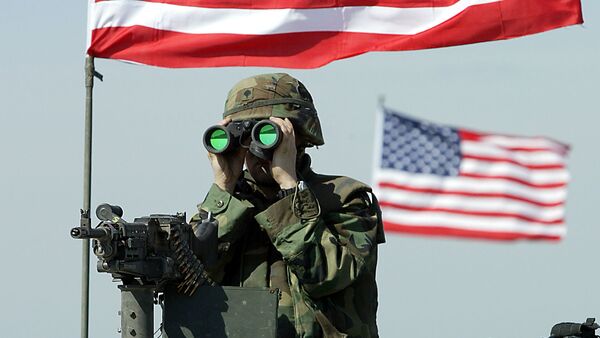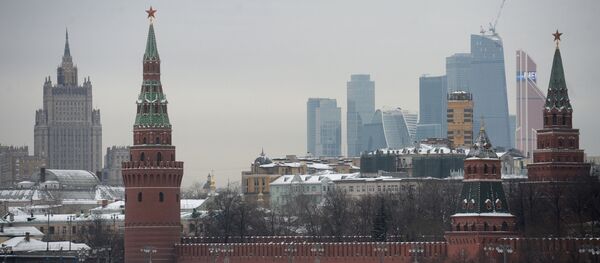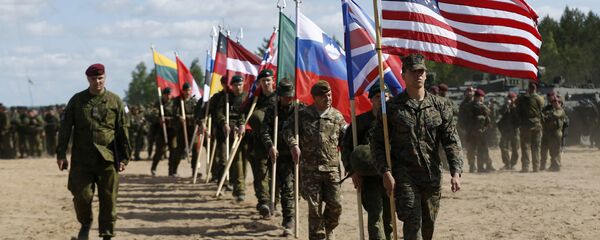The so-called “Theater Strategy” document further acknowledges that “reduced US forward presence and degraded readiness across the services are inhibiting the United States’ ability” to favorably influence security conditions, but stops short of naming requirements to bolster military capabilities in Europe.
However it does make clear that the current force structure is “not commensurate with the immediate security situation.”
“Even as USEUCOM leans forward with NATO allies and partners in response to these new challenges, fully addressing them and their long-term implications requires a reformulation of the US strategic calculus and corresponding resources in Europe,” the strategy says.
“The temporary presence of rotational forces complements, but does not substitute for an enduring forward deployed presence that is tangible and real,” the document states. “Virtual presence means actual absence.”
Strangely enough, Russia, “isn’t EUCOM’s only focus.”
“Migrants flooding into Europe from the war in Syria and from North Africa” is its next concern.
However, this threat is “unlikely to involve the same type of military presence that has materialized over the past year in Eastern Europe, where Army tanks have been positioned for more intense training with partners”.
As if to reassure that the need of the US presence in Europe still exists, the document still insists that “the Russian threat as one unlikely to change in the near term.”
“Russia is presenting enduring challenges to our allies and partners in multiple regions,” the document reads.




